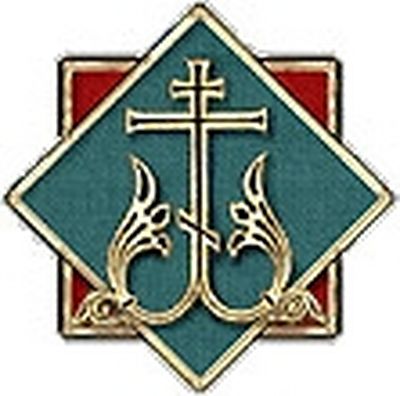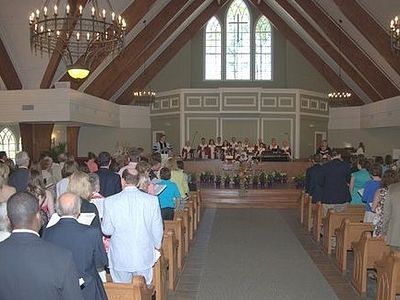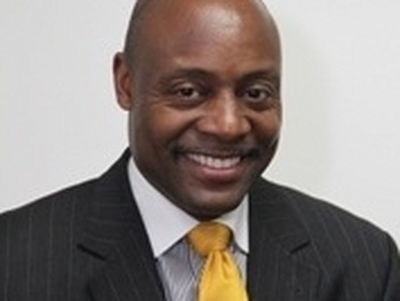Anyone who attends one of the national church assemblies that dot the calendar every summer knows that they are highly ritualized affairs.
Officers will be elected.
Political issues will be discussed. Lofty resolutions will be passed.
At least one long business session will include a proposal about clergy benefits and salaries.
In recent decades, gatherings in the “seven sisters” of mainline Protestantism have also -- to varying degrees -- featured battles over sex. These flocks are, in descending order of size, the United Methodist Church, the Evangelical Lutheran Church in America, the Presbyterian Church (U.S.A.), the Episcopal Church, the American Baptist Churches USA, the United Church of Christ and the Christian Church (Disciples of Christ).
But as the hours pass, veterans know that they can take breaks whenever the word “greeting” appears in the agenda, marking a polite mini-speech by a visiting civic leader or religious dignitary.
But something unusual happened recently during the 219th General Assembly of the Presbyterian Church (U.S.A.). An official “ecumenical advisory delegate” -- Father Siarhei Hardun of the Orthodox Church of Belarus -- used his moment at the podium to deliver a message that was courteous and stunning at the same time, if not genuinely offensive to many in the audience.
“Frankly, he was pretty sly about what he said and how he said it,” noted the Rev. Carmen S. Fowler, president of the conservative Presbyterian Lay Committee. “People are used to dozing off during these greetings, so this caught them off guard ... Most of the General Assembly yawned its way through the most provocative moment of the whole event.”
Speaking in clear, but careful, English, Hardun thanked the Presbyterians for the economic aid that helped Orthodox churches in his land rebuild social ministries after decades of bloody communist persecution. Only 20 years ago, he noted, there were 370 parishes left and, today, there are more than 1,500. He thanked the assembly for its kindness and hospitality.
However, the Orthodox priest ended by offering his take on the assembly’s debates as it prepared for another attempt to modernize Christian doctrines on sexuality. Shortly before his “greeting,” the commissioners voted 373-323 to approve, for the fifth time in two decades, the ordination of noncelibate gays and lesbians. Regional presbyteries must now approve the measure, which is the stage at which previous efforts were defeated -- by increasingly smaller margins.
“Christian morality is as old as Christianity itself. It doesn’t need to be invented now. Those attempts to invent new morality look for me like attempts to invent a new religion -- a sort of modern paganism,” said Hardun, drawing scattered applause.
“When people say that they are led and guided by the Holy Spirit to do it, I wonder if it is the same Holy Spirit that inspired the Bible, if it is the same Holy Spirit that inspires the Holy Orthodox Church not to change anything in Christian doctrine and moral standards. But if it is the same Spirit, I wonder ... if there are different spirits acting in different denominations and inspiring them to develop in different directions and to create different theologies and different morals?”
The priest closed with a quote from St. Paul, urging the Presbyterians: “Do not be conformed to this world, but be transformed by the renewing of your mind.”
Later in that business day, a slim 51 percent of the assembly voted to defeat a proposal to redefine marriage as a holy covenant between “two people,” rather than one between “a man and a woman.”
General Assembly moderator Cindy Bolbach -- an outspoken advocate of the gay-rights measures -- offered no comment whatsoever about Hardun’s remarks when he left the podium, but quickly moved on to other business. However, before her election she urged her church not to fear the repercussions of an era of change. The denomination has lost half of its members since the 1960s.
“We have to learn how to proclaim the Gospel in a multicultural age where Christianity is no longer at the center,” she said. “We have to learn how to tell people who have grown suspicious of institutions why an institution like the P.C. (U.S.A.) can be of value to them ... And we have to accept the loss of the church we have always known -- as the church transforms itself into something new.”
Terry Mattingly directs the Washington Journalism Center at the Council for Christian Colleges and Universities. Contact him at tmattingly@cccu.org or www.tmatt.net.



